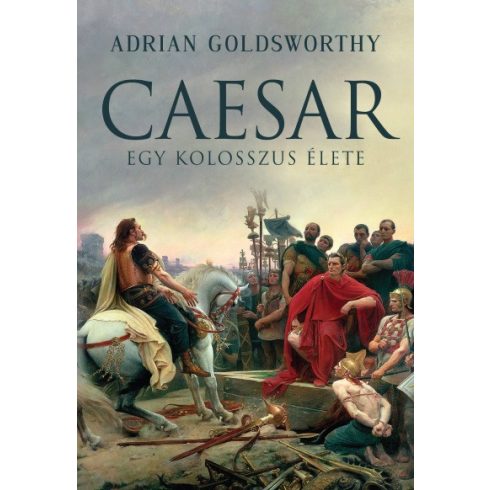
In many ways Goldsworthy shows how Augustus was a revolutionary and enlightened leader who was also aware of the moral failings of the society he came to rule. Moving all the way to Part Four of his biography, Goldsworthy highlights how Augustus took a tired and depleted Roman state, having been wrought over the past two and half decades with civil war and unrest, and turned it into a prosperous and stable “empire.” He also, in a way, shies away from the old narrative that he was remaking Rome into its old republican culture (a common story about Augustus) but is clear to emphasize his renewal and revivalist campaigns that aimed at harkening back to the older days of the republic. (The peace of Augustus’s reign reveals as much.)

And unlike other figures, Augustus’s dance with violence did, genuinely, aim at peace and stability after a century of violence that ruptured the very heart of Rome. But the violence that Augustus grew up in and involved himself in is just part of the story. After all, Goldsworthy is clear that violence and brutality in Roman politics was the norm, especially in Part One that deals with Caius Octavius, Julius Caesar, Cicero, Pompey, Catiline, among other notables in Roman history. 196-198): “The poets reflected an almost universal desire for a return to peace and stability after so many long years of upheaval and violence” (p. Yet he is equal in his assessment of the great positives of the emperor’s life and rule, as well as the hopeful optimism that great Roman figures had, like Cicero, Virgil, or Horace, upon hearing the news of Antony’s death and Cleopatra’s suicide (pp. Goldsworthy, however, is not afraid to be critical and harsh in pronouncement and judgment at the brutality and harshness of his actions and rule. Instead, Goldsworthy charts out an Augustus all his own a man, soldier, and statesman, who charted his own course and changed Roman and Western history in the process.


Adrian Goldsworthy’s Augustus breaks away from the more traditional narrative of Augustus – that he was walking in the footsteps of Julius Caesar, his adopted uncle and famous Roman general and dictator, even if he takes the time to discuss Augustus’s father’s life, and a quick overview of Julius Caesar’s rise and fall from power.

Augustus Caesar is, next to Julius Caesar, arguably the most famous Roman in history.


 0 kommentar(er)
0 kommentar(er)
